More Lessons
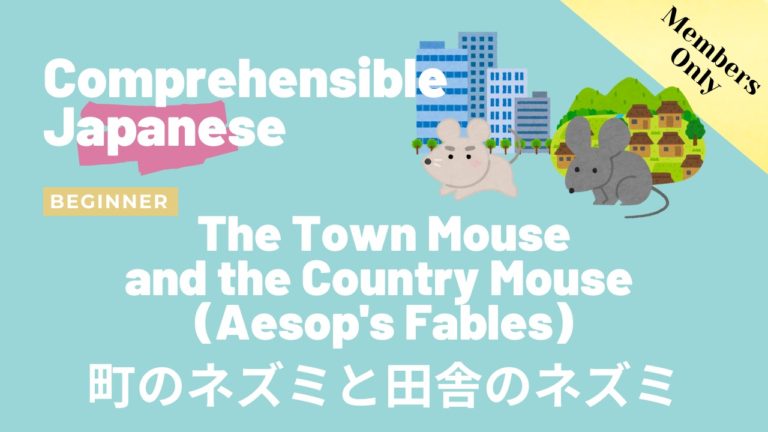
田舎のネズミと町のネズミ The Town Mouse and the Country Mouse(Aesop’s Fables)
To view this content, you must be a member of Yuki’s Patreon at $5 or more Unlock with PatreonAlready a qualifying Patreon member? Refresh to access this content.
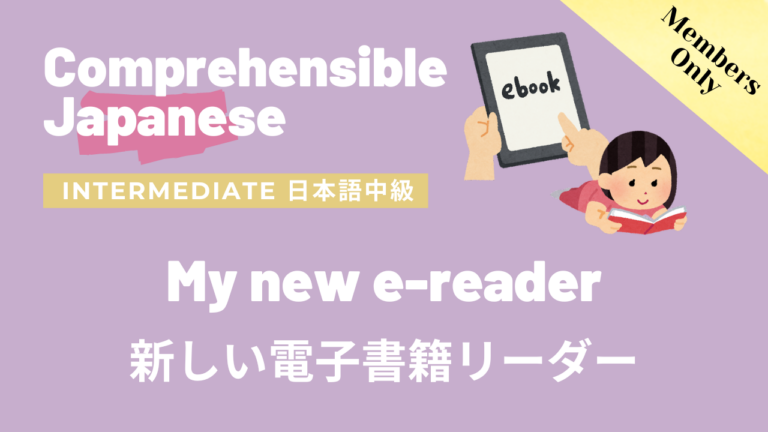
新しい電子書籍リーダー My new e-book reader
To view this content, you must be a member of Yuki’s Patreon at $5 or more Unlock with PatreonAlready a qualifying Patreon member? Refresh to access this content.

何がしたい? What do you want to do?
To view this content, you must be a member of Yuki’s Patreon at $5 or more Unlock with PatreonAlready a qualifying Patreon member? Refresh to access this content.
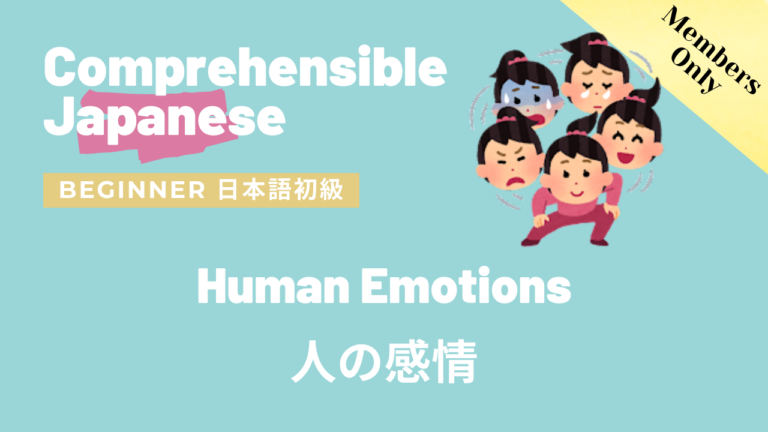
人の感情 Human Emotions
To view this content, you must be a member of Yuki’s Patreon at $5 or more Unlock with PatreonAlready a qualifying Patreon member? Refresh to access this content.
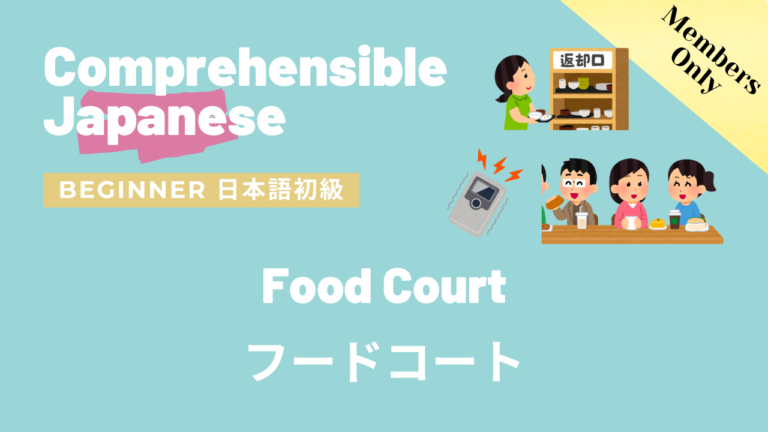
フードコート Food Court
To view this content, you must be a member of Yuki’s Patreon at $5 or more Unlock with PatreonAlready a qualifying Patreon member? Refresh to access this content.
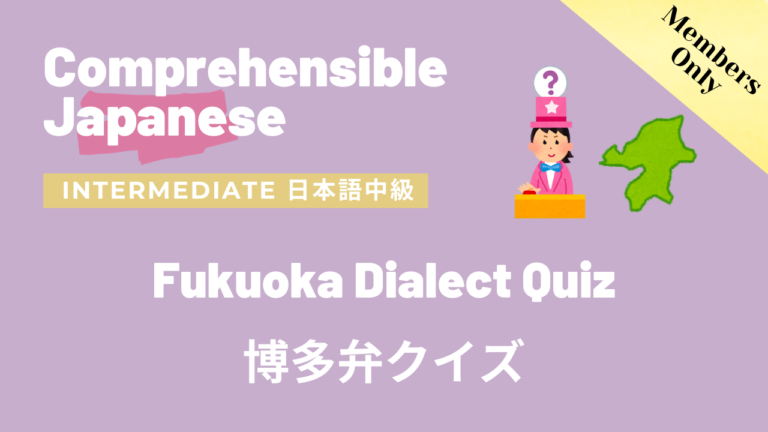
福岡の方言クイズ Fukuoka Dialect Quiz
To view this content, you must be a member of Yuki’s Patreon at $5 or more Unlock with PatreonAlready a qualifying Patreon member? Refresh to access this content.
8 Comments
Leave a Comment Cancel reply
You must be logged in to post a comment.
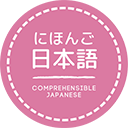
 Unlock with Patreon
Unlock with Patreon
Hi there, in this sentence: モモ先生旅行がお好きだってお聞きしました。
Can you please explain why だって is used?
「モモ先生旅行がお好きだ”って”お聞きました」 means the same as 「モモ先生旅行がお好きだ”と”お聞きしました。」. It sounds more casual if you use “って”😊
Thanks Yuki 🙂
I have 2 more questions, I hope you don’t mind.
モモ先生旅行がお好きだ”って”お聞きしました
1. Does 好きだ mean ‘love’ in this context?
2. What’s the difference between お聞きました and お聞きしました?
1. Hmmm🤔 It’s a difficult question, but I think I meant more like “enjoy” here🤔
2. You can say either “聞きました” or “お聞きしました”. It’s never “お聞きました” or “聞きしました”. If you put “お” at the beginning to make it sound more polite, you need to add “し”.
Thanks for the coffee☕️💖
Thanks again Yuki, these are small details I could never figure out by myself 🙂
面白かったです。ウズベキスタンって、すごく面白いけどサマルカンドだけじゃなくて、特にブハラとヒヴァという町がすごく歴史的な建物が多くて、昔にタイムスリップしたみたいです。となりのトルクメニスタンやタジキスタンもとても良くて、いろんな、欧米や日本と全然違う文化や風景が経験できます。
Hi sensei! I don’t have my japanese keyboard BUT I really, really enjoyed this video!! I’m a traveler as well and in 2020 I lived in New Zealand,therefore I got lots of memories!!
And also, I’m very happy because I could understand 90% of this video!! THAT’S a lot for me!!
I have been learning so much from you, thank you for all your hard work!! As always, I really aprecciate what you’re doing in this amazing website!!
I hope to travel to Singapur someday!! I’m waiting for Momo’s sensei video about her trip!!
Thank you so so so much!!
Hi Josy😊コメントありがとう!今では上級の動画も理解できるようになったと聞いて私もすごく嬉しいです!